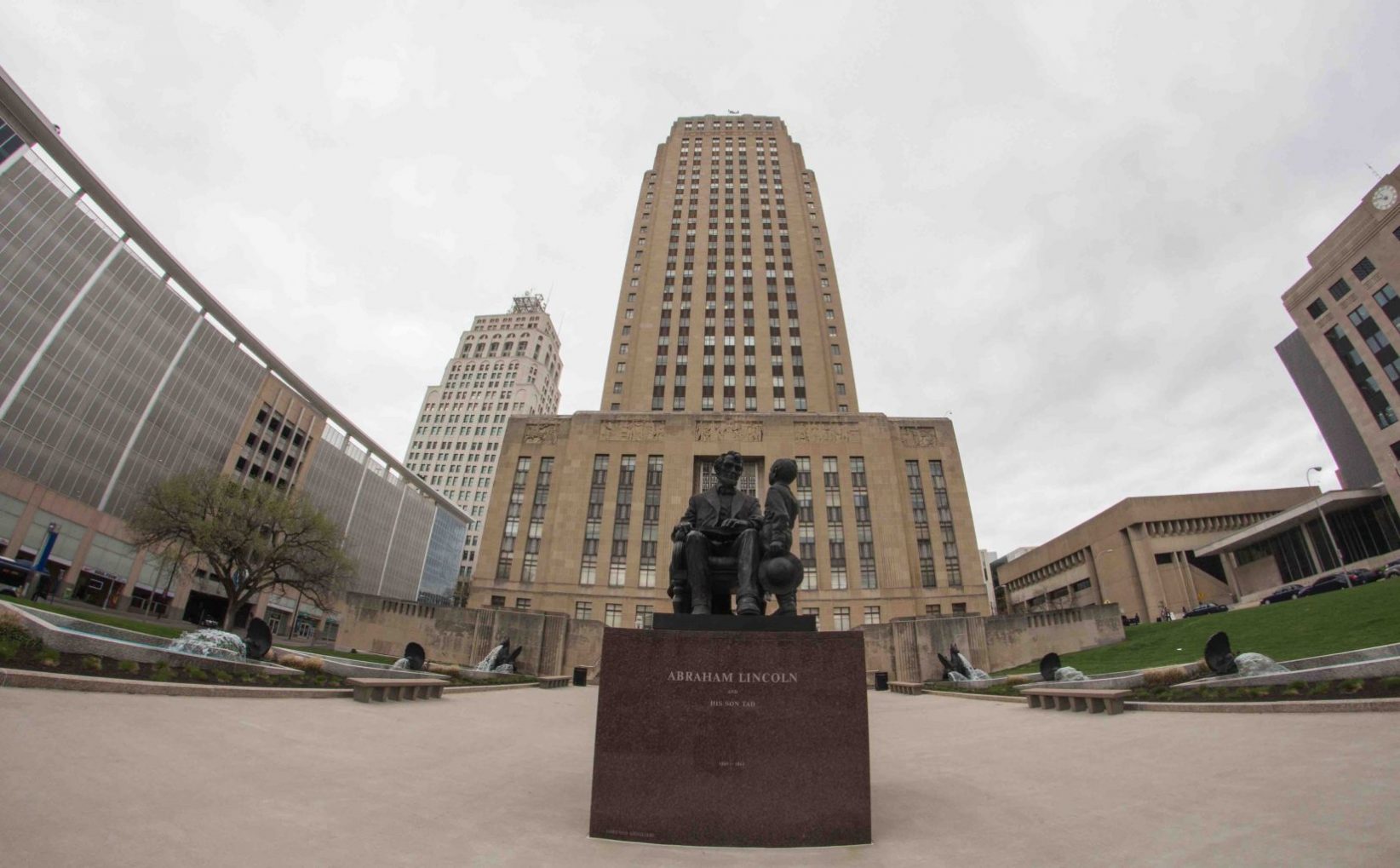An advocacy group representing the area tech industry has offered a series of concerns on how the City of Kansas City, Mo., could regulate home-sharing services like Airbnb or Homeaway.
In a letter to the Kansas City Council regarding proposed regulations on homesharing, the KC Tech Council said the area now has an opportunity to modernize its rules for home-sharing. Representing such companies as Sprint, Cerner and VML, the council said regulatory efforts should ensure citizens are able to practically use new technology while also tapping the economic benefits that innovative services like Airbnb and Homeaway provide.
For more than a year, Kansas City officials have sought public input on how to regulate home-sharing services. In February, the city released a series of proposed regulations that, among several rules, would require that home-sharing hosts in Kansas City, Mo. register and pay annual registration fees for short-term renting of their property, which is currently illegal.
The tech council complimented city officials on their proactive and broad approach to culling input on home-sharing regulations, but also shared trepidations of how it could affect the area economy.
Chief among those concerns, according to the letter, were the regulations’ effects on companies’ ability to attract talented candidates. Those candidates often expect access to services like Uber and Airbnb, the council said.
“Candidates who visit Kansas City for interviews and to explore the city expect options related to car-sharing, home-sharing, and other sharing-economy platforms,” the council wrote. “Further, many of our members also use home-sharing as a direct recruiting tool, placing candidates in short-term rentals so that they can experience what it is like to live in Kansas City. If our city’s regulations are over-burdensome, ultimately Kansas City’s economy and labor force will be harmed because highly qualified technology professionals will choose other cities over Kansas City. The city cannot afford this outcome.”
The city’s proposed regulations would have an impact on more than 300 Airbnb and Homeaway hosts in the area. As outlined in February, the proposal would create two types of special-use permits for hosts. Type 1 properties — or owner-occupied residences — would be subject to a $100 fee for first-year registration and $50 per year thereafter. The proposal sets a 90-night-a-year limit on Type 1 rentals.
Type 2 properties — or non-owner occupied residences — would be subject to a $596 fee and would be renewable every two years after review by the Board of Zoning Adjustment. Type 2 permits would apply to hosts renting a house or unit that isn’t a full-time residence.
Both types of permits entail that hosts keep records on each short term stay, logging such information as complaints from guests or neighbors. The records are subject to review by the city at any time.
Tied to concerns of attracting talent, the tech council said that cumbersome regulations would hamper economic growth in the area long term. The council specifically took issue with Type 2 registration regulation, which it said “is perhaps the most restrictive regulatory system in the nation and will have devastating, long-term effects to our community.”
Acknowledging that city council faces complex choices balancing public safety and economic vibrancy with regard to home-sharing, the tech council asked officials to approach regulation of new business models carefully to avoid negative impacts.
“We understand the many complexities involved with regulating new business models, especially when they seem to arise overnight,” the council wrote. “We recommend the city consider a new regulatory system that meets the public and private needs of these new business models. This may result in the need to update regulations across multiple city departments and possibly state-level changes, which may take time. However, in doing so, Kansas City can serve as an innovative leader in terms of regulating new business models and it can show other cities how to best protect the public while allowing the economy to thrive.”
To learn more about the regulations, click here. Below are specific concerns that the KC Tech Council has outlined.
• By limiting the number of nights a Type I property may be rented to 90 nights, the city is unreasonably limiting the economic benefit which may be created by a property, for both the individuals renting their home as well as for the local businesses who would benefit from increased tourism. Similarly, classifying accessory dwelling units as Type II properties is unreasonable and will have a similar negative effect on hosts and the community.
• The registration process, particularly for Type II properties, is overly burdensome and not a practical approach to regulating new technology platforms. Requiring a host to pay nearly $600, provide notice to neighbors, and attend multiple public hearings, all as a prerequisite to participating in the Kansas City home-sharing economy is perhaps the most restrictive regulatory system in the nation and will have devastating, long-term effects to our community. When registration and compliance is overly complicated, potential hosts will (a) choose not to partake in the sharing economy, which places undue hindrance on long-term economic growth, or (b) operate outside of city oversight, which may pose a risk to public safety. Cities with similarly restrictive laws, like Fort Lauderdale, have seen compliance rates in the single digits.
• Requiring hosts and home-sharing platforms to provide ongoing compliance oversight is unreasonable, burdensome, and not necessary. The city already maintains systems for its citizens to register complaints regarding safety, health, and nuisance, and the city and its citizens may rely on these systems for monitoring compliance issues related to home-sharing. Placing such obligations on hosts and technology platforms will harm our community. • Allocating tax collection and payment obligations to hosts is not a practical approach to the sharing-economy. The city should enter into a voluntary tax collection agreement with home-sharing platforms so the city can benefit from an easy-to-collect increased tax revenue.
• The registration process, particularly for Type II properties, is overly burdensome and not a practical approach to regulating new technology platforms. Requiring a host to pay nearly $600, provide notice to neighbors, and attend multiple public hearings, all as a prerequisite to participating in the Kansas City home-sharing economy is perhaps the most restrictive regulatory system in the nation and will have devastating, long-term effects to our community. When registration and compliance is overly complicated, potential hosts will (a) choose not to partake in the sharing economy, which places undue hindrance on long-term economic growth, or (b) operate outside of city oversight, which may pose a risk to public safety. Cities with similarly restrictive laws, like Fort Lauderdale, have seen compliance rates in the single digits. • Requiring hosts and home-sharing platforms to provide ongoing compliance oversight is unreasonable, burdensome, and not necessary. The city already maintains systems for its citizens to register complaints regarding safety, health, and nuisance, and the city and its citizens may rely on these systems for monitoring compliance issues related to home-sharing. Placing such obligations on hosts and technology platforms will harm our community. • Allocating tax collection and payment obligations to hosts is not a practical approach to the sharing-economy. The city should enter into a voluntary tax collection agreement with home-sharing platforms so the city can benefit from an easy-to-collect increased tax revenue.




































